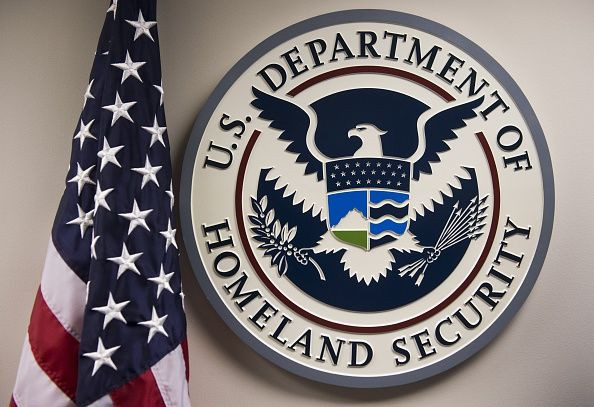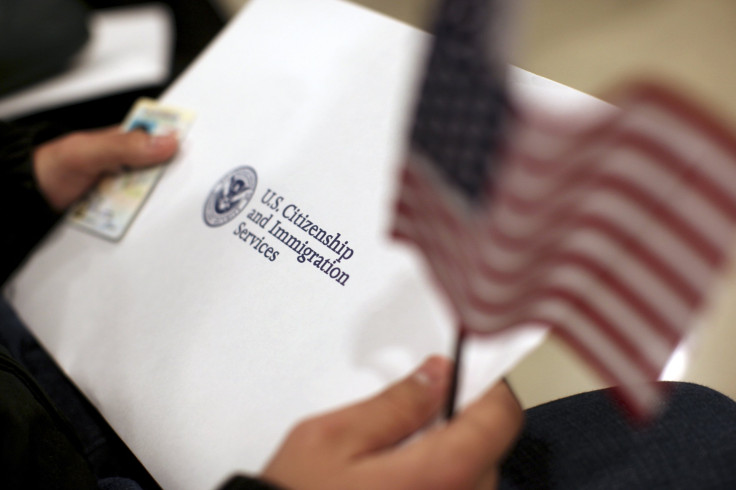DHS Could Increase Cost Of Working Visa In USA; Investment Visas Up By $7,500

KEY POINTS
- The Biden administration is proposing to introduce a $600 asylum fee to the H-1B working visa program
- The Department of Homeland Security plans to put application fee for investment visa at $11,160
- The U.S. Citizenship and Immigration Services will keep its fees for humanitarian visas low
For the first time since 2016, the Department of Homeland Security is planning to increase fees for employment-based visas and investment visas to fund the Biden administration's reforms in the U.S. asylum policy.
The U.S. Citizenship and Immigration Services (USCIS) announced the proposal for a new fee structure for visas and naturalizations Tuesday, raising costs on business-related applications while maintaining or reducing costs for humanitarian visas.
USCIS director Ur Jaddou told the Los Angeles Times that the operation of the agency that oversees the nation's immigration system relies heavily on visa fees. The USCIS is required to review its application and other form fees every two years. The last time the agency increased its fees was during the Obama administration.
"We have to run based on whatever comes in the door through our fees," Jaddou said. "We are now going on our seventh year without a fee increase, which is a long time and a lot has changed since then."
Now, the agency is proposing to increase fees for the H-1B program, which allows businesses to hire specialized foreign workers.
The main application fee for the H-1B program would increase from $460 to $780, and a $600 asylum fee would be introduced, which would make the total $1,380.
The registration fee for the working visa program would also see an increase from $10 to $215.
Fees for the H-2A program, which allows agricultural companies to bring workers to the country, would also rise under the new rule.
For individuals applying for EB-5 visas, which are available to those who invest large sums of money in the U.S., the application fee would increase by up to $7,500, from $3,675 to $11,160.
The USCIS is also looking to increase the costs of applying for a green card. The application fee for seeking permanent residency would jump from $1,225 to $1,540. Those who want to apply to travel and work while they wait for their green card would pay $2,820.
The proposed rule would boost the agency's fee revenue from an estimated $4.5 billion a year on average to around $6.4 billion a year, The Hill reported.
Jaddou said the extra funds would help them to implement the Biden administration's reforms in asylum processing at the border, such as authorizing asylum officers to grant or deny asylum to migrants.
But the USCIS will keep fees for poor applicants at zero and fees for humanitarian visas and new citizens low.
The agency's plan would also include new fee exemptions for victims of human trafficking and other crimes.
Julia Gelatt, a senior policy analyst at the Migration Policy Institute, told the Times that maintaining or reducing costs for humanitarian visas indicated that "the administration is committed to facilitating legal pathways for migrants and eliminating barriers to immigration and citizenship, particularly for vulnerable migrants."
She noted that increasing fees for sponsors of temporary workers showed "the administration's mixed feelings about the value of temporary work visas."
Gelatt added that the Biden administration's proposal is higher than what former President Donald Trump had proposed.
The Trump administration wanted to increase fees for naturalization and collect $50 from migrants seeking asylum. Their proposal also wanted to end many fee waivers for low-income applicants.
But a federal court blocked the Trump proposal in 2020.

© Copyright IBTimes 2025. All rights reserved.






















